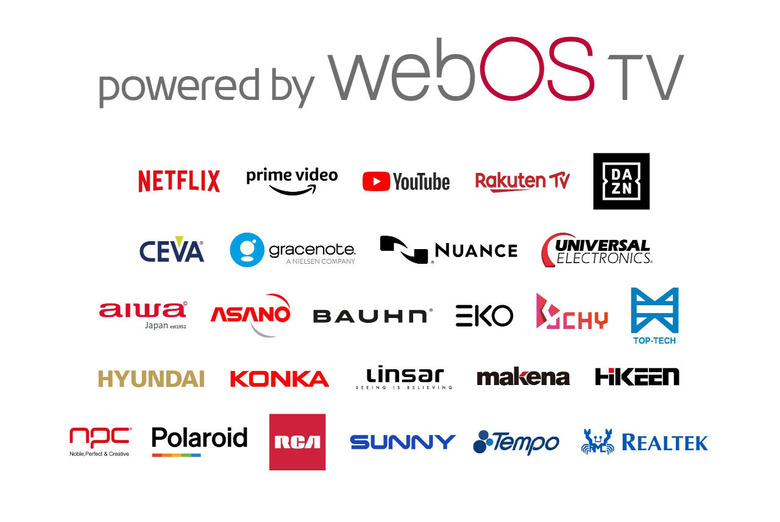LG webOS TV platform is now available for other TV manufacturers
Despite the popularity of smart TVs, there is currently no clear winner among the handful of smart TV platforms available. Google's Android TV may have the numbers but it doesn't have a wide lead against Samsung's Tizen-based platform, LG's webOS TV, Amazon's Fire TV, and the handful of other custom platforms on the likes of Roku, for example. LG, however, seems to have bigger ambitions and wants to corner that market by licensing its webOS TV platform to other smart TV makers.
webOS has definitely come a long way since its birth as the successor for Palm's old palmtop software. It eventually changed hands from HP and then to LG who pretty much used it exclusively for its smart TVs. The latest iteration of webOS is so far removed from its mobile roots that some early webOS fans and believers might no longer recognize it as such.
That said, webOS TV, as LG calls it now, has admittedly grown and mature in the past few years as a strong contender in the smart TV market. In addition to the usual plethora of content sources, webOS TV has probably embraced more connectivity options and platforms than any of its competitors. For example, it supports not just Google Assistant but also Amazon Alexa and even Apple Home or AirPlay.
LG is now offering those features to other TV brands, putting it directly in competition with Android TV. Although LG makes its own TVs, of course, it sees this expansion as a way to make its presence known on its own competitors' TVs as well.

The question, of course, is which TV makers would actually bite LG's offer. It already named RCA, Ayonz, and Konka as some of its first customers. These don't have their own smart TV platforms to use or have barely adopted Android TV for their own but it remains to be seen if there will be bigger brands that will be added to that list in the near future.
